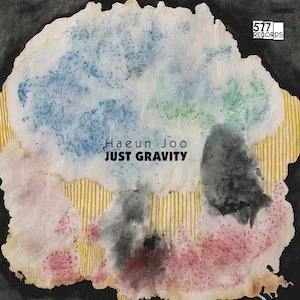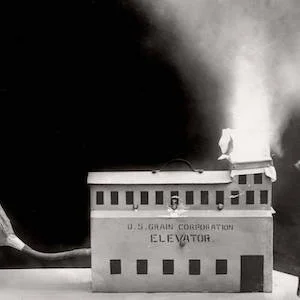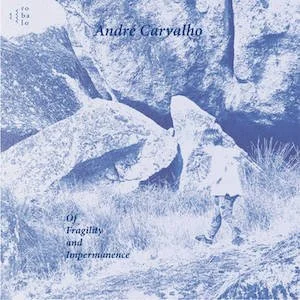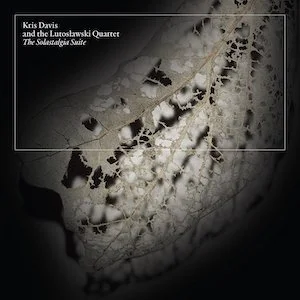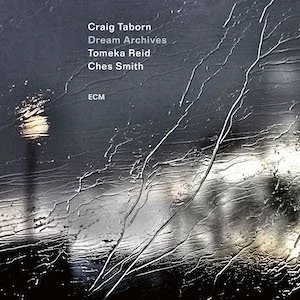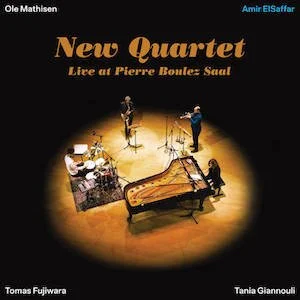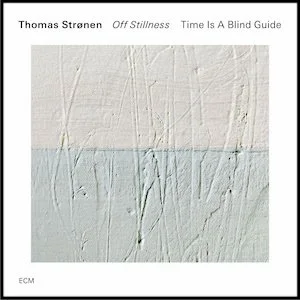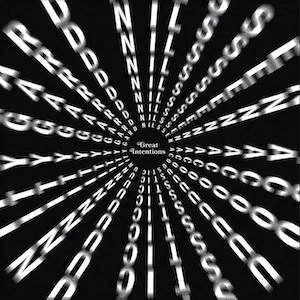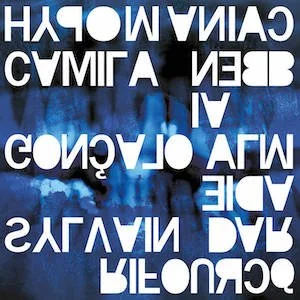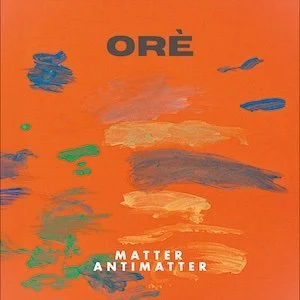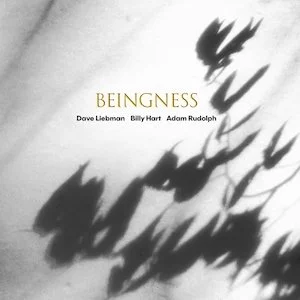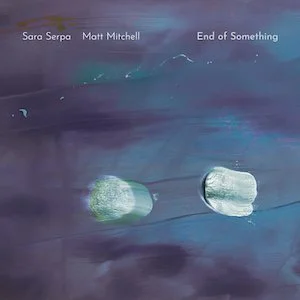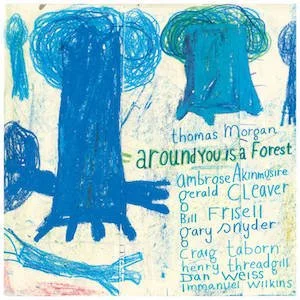Label: 577 Records, 2026
Personnel - Haeun Joo: piano; Chris Tordini: double bass; Steven Crammer: drums.
New York-based Korean pianist Haeun Joo’s debut album, Just Gravity, presents sharp, crisp solo piano inventions alongside astutely executed trio explorations, tracing sometimes divergent, sometimes vividly descriptive musical landscapes. Joo teams up with bassist Chris Tordini and drummer Steven Crammer on four of the ten improvised tracks, carving out images of fragmentation, contemplation, and beauty.
The opening pieces, “Salt and Silence” and “Noah”, are openly built as solo piano narrations. The former feels glamorously detached yet firmly anchored in the low and middle registers, probing fleet trills, staccato chordal sequences, and appealing motions. The latter flows with a more traditional approach and clearer thematic ideas without ever losing its sense of direction. Shifting tempos never disrupt the music’s seamless flow.
The first trio piece, “Jumping Into the Flow”, features Crammer’s distinctive rhythmic sensibility creating a magnetic cross-current that rubs against Tordini’s vigorous bass plucks and muted strums. Joo is free to roam, yet the trio achieves a functional connection that is plainly reflected in the music. They venture into dense timbral forests before gradually thinning their instrumental intensity for a judicious, resolute conclusion. The excellent “Ellie the Paw” exudes a classy jazz feel, propelled by crisp brushwork and smooth, rounded bass notes. It is crowned by deliberately spacious piano playing and settles into a vamp that, shifting chromatically, acquires a sultry Latin tinge secured by a powerful bass pedal point.
“Authentic Taste” offers prime solo piano moments, combining poignant modern classical language with the dreamy jazz ballad sensibility associated with Billy Strayhorn. “Indefatigable” highlights Joo’s instinctive left hand as a foundational groove engine, complemented by melodic agility in the upper register. The intonation always feels grounded, riding creative waves with exploratory excitement. Crammer comes to the fore again on “Soft Collapse”, beginning with hypnotic mallet work before being joined by Tordini’s air-permeable bass drive and Joo’s unflappable pianism. Toward the end, the drummer shifts to gently propulsive snare fluxes and sophisticated cymbal choices.
Pulsing with experimental textures and a deceptive sense of form, Just Gravity sounds as if it is in perpetual motion. Joo, a spontaneous storyteller, never swamps her peers, instead using her energy and melodic sensitivity to shape something collectively engaging.
Favorite Tracks:
01 - Salt and Silence ► 05 - Ellie The Paw ► 06 - Authentic Taste

